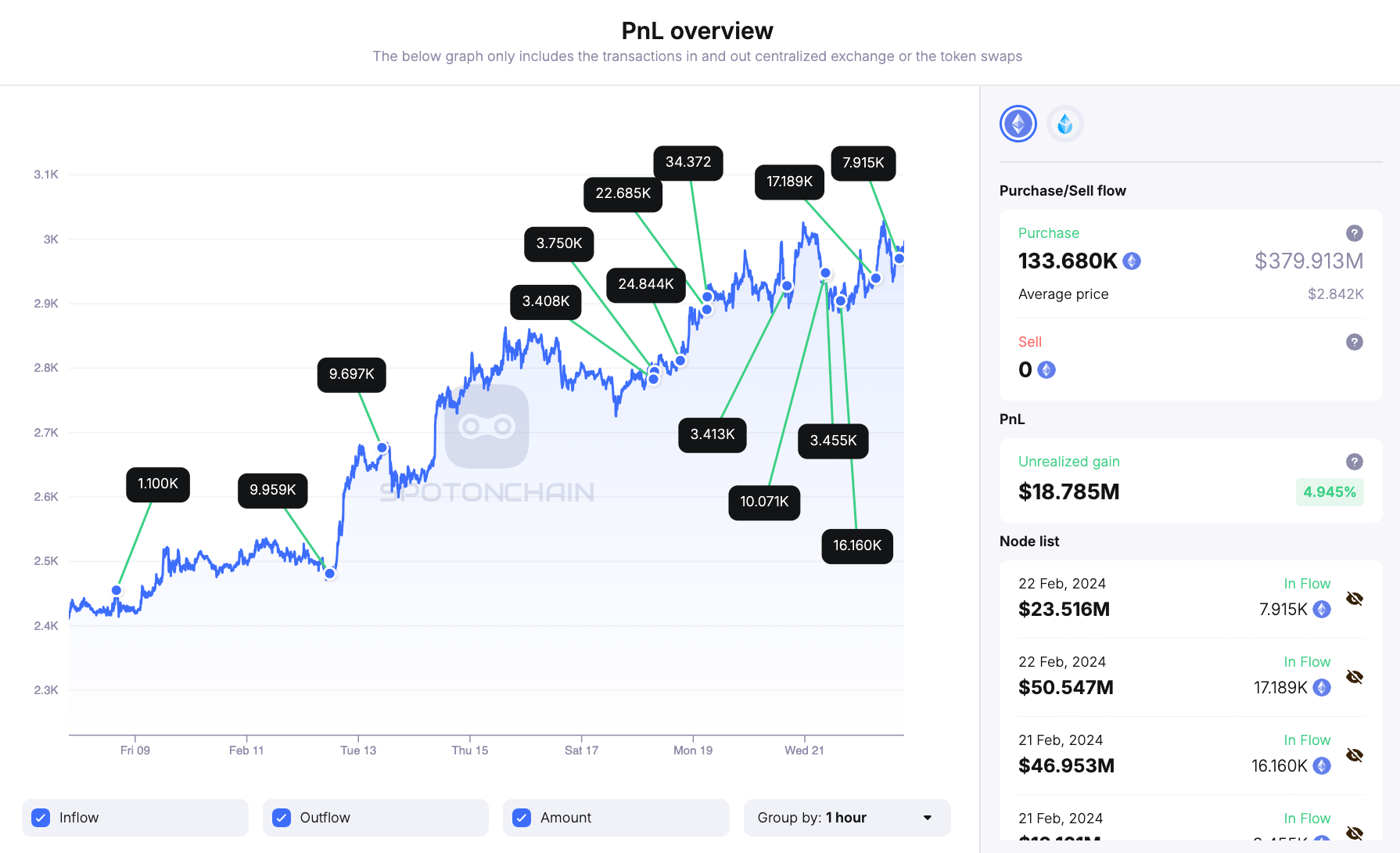UK finalizes regulatory approach to crypto, stablecoins
The U.K. Treasury has finalized its regulatory approach to the crypto industry, which will be enacted in multiple phases, with the first phase bringing fiat-backed stablecoins under the supervision of financial watchdogs.
In a policy update released on Oct. 30, the Treasury outlined its strategy to regulate stablecoins, with an initial focus on fiat-backed stablecoins in the first phase. The second phase will tackle the overall crypto industry and the various service providers in the sector.
The phased regulatory introduction will kick off in early 2024, with legislation for fiat-backed stablecoins.
The regulatory process will involve close coordination among key regulators, including the Bank of England, the Financial Conduct Authority (FCA), and the Payment Systems Regulator (PSR).
The collaboration is aimed at minimizing potential risks and overlaps in the regulatory framework. Regulatory powers will extend to systemic and recognized digital settlement asset (DSA) payment systems and service providers.
Phase 1: Stablecoin regulation
The government’s primary goal in the first phase is to facilitate and regulate the use of fiat-backed stablecoins within the UK’s payment chains. This approach recognizes their potential to become a prevalent means of retail payment.
Fiat-backed stablecoins are defined as those seeking to maintain a stable value by reference to one or more specified fiat currencies. Additionally, the government will not recognize any stablecoins that are not backed by traditional fiat currencies.
Regulatory measures in this phase will encompass the Payment Services Regulations 2017 and activities involving the issuance and custody of fiat-backed stablecoins within the Financial Services and Markets Act 2000.
The FCA will have primary oversight of all activity related to stablecoins, with the PSR and the central bank providing additional supervision as needed. This approach aims to reduce potential harm to consumers and mitigate risks associated with their use in transactions.
Phase 2: Crypto regulation
Under phase 2, the U.K. will extend the regulatory framework to encompass a broader range of cryptoasset activities within the country.
This phase includes the regulation of exchange activities, custody activities, lending activities, and market abuse. The phased approach aims to provide flexibility for firms focusing on different aspects of cryptoasset activities.
The Treasury said it will not classify unbacked crypto — such as Bitcoin (BTC) and Ethereum (ETH) — under the same regulations as gambling, confirming that its stance will remain consistent with international standards and practices.
The government will focus on regulating activities related to cryptoassets, such as trading, custody, and lending, to create a comprehensive regulatory framework.
The U.K. intends to formulate equivalence measures for overseas firms operating in the country, such as crypto exchanges. This includes the possibility for overseas-regulated trading venues to apply for authorization for their U.K. branches, with the FCA supervising the process.
Additionally, the document clarified that unique non-fungible tokens (NFTs) resembling collectibles or artwork would not be subject to financial services regulation. However, NFTs used as exchange tokens, particularly those with limited price variation, might fall within future financial services rules.
The government also emphasized its commitment to supporting decentralized finance (DeFi). However, it added that regulating the DeFi sector would be premature as it could stifle growth and innovation.
The publication of the final regulatory framework represents a significant milestone in the U.K.’s journey toward establishing itself as a leading global destination for crypto-asset businesses. With a clear roadmap in place, the crypto industry and stakeholders can anticipate a well-defined and regulated environment in the near future.





